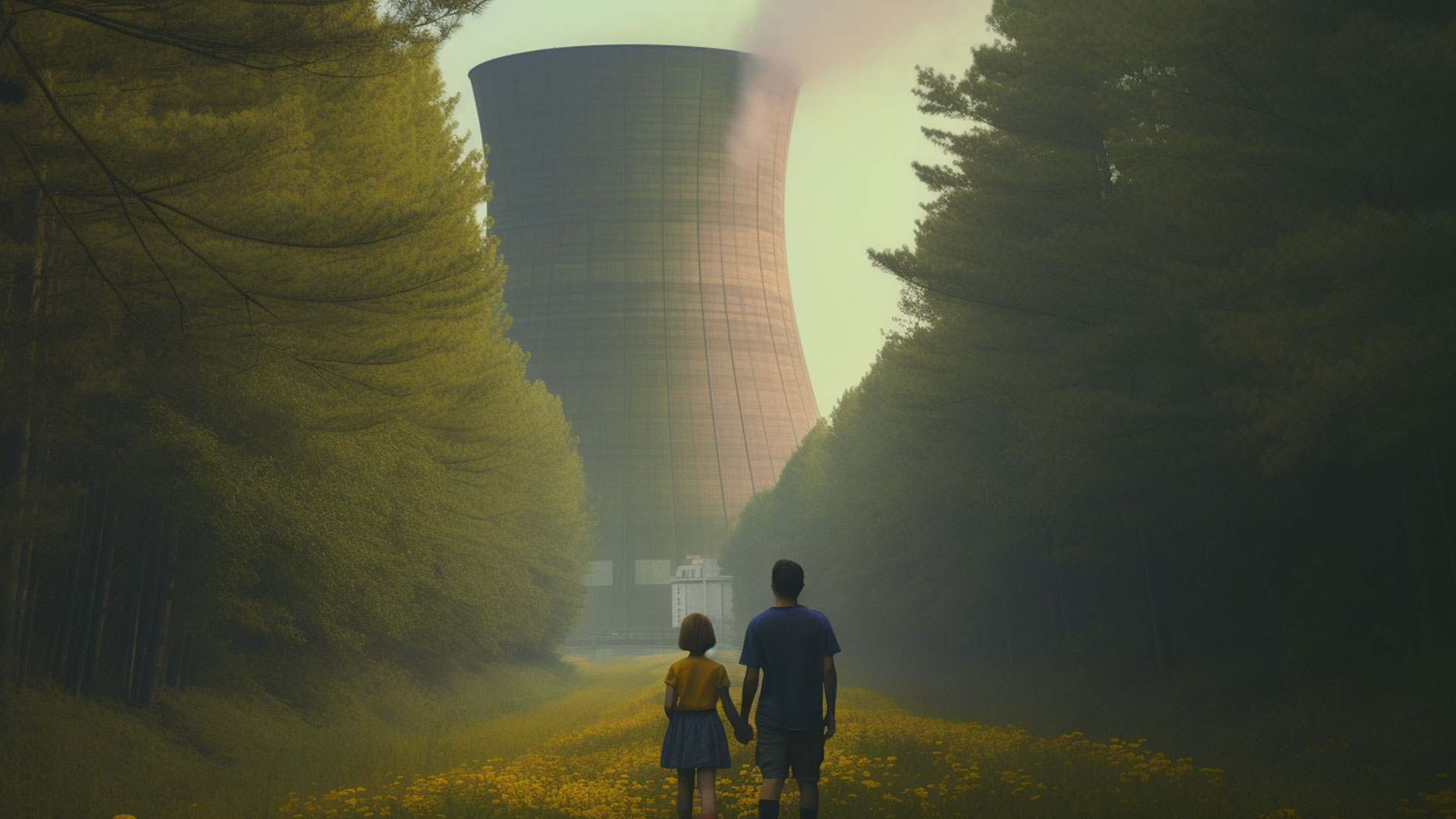In an increasingly interconnected world, the prospect of a nuclear war remains one of the most terrifying and devastating scenarios humanity can face. While we fervently hope that such a catastrophe will never occur, it’s crucial to understand the potential consequences of a nuclear conflict for the United States. In this article, we will explore what would happen to America if it were to engage in a nuclear war.
The Immediate Impact:
A nuclear war would bring about immediate and catastrophic consequences. The detonation of nuclear weapons would cause massive explosions, leading to immense destruction of infrastructure and loss of life. Entire cities could be reduced to rubble in a matter of seconds, and the initial death toll would be staggering.
Radiation and Fallout:
Beyond the initial explosions, the release of radioactive materials into the atmosphere would result in lethal fallout. This radioactive fallout would contaminate the air, soil, and water, making vast areas uninhabitable for an extended period. The long-term health consequences of radiation exposure would be devastating, causing illnesses such as cancer, birth defects, and other severe health issues for survivors.
Economic Collapse:
The economic impact of a nuclear war on America would be profound. The destruction of critical infrastructure, including power plants, transportation networks, and communication systems, would cripple the economy. The cost of rebuilding and recovery would be astronomical, potentially leading to a prolonged economic depression.
Social Disintegration:
A nuclear war would not only cause physical devastation but also lead to social disintegration. The breakdown of law and order, mass migration, and the scarcity of essential resources like food and clean water would create chaos and strife. Societal divisions could intensify, leading to further instability.
Global Fallout:
The effects of a nuclear war would extend beyond America’s borders. Nuclear fallout and environmental damage would have global implications, affecting neighboring countries and regions as well. International relations would be strained, potentially leading to further conflicts and alliances shifting in unpredictable ways.
Survival Strategies:
In the event of a nuclear war, survival strategies would become essential. Individuals and communities would need to prepare for the possibility of nuclear attacks by creating shelters, stockpiling supplies, and having evacuation plans in place. Additionally, diplomacy and disarmament efforts must continue to prevent such a catastrophic event.
Long-Term Implications:
The long-term implications of engaging in a nuclear war would be felt for generations. Rebuilding infrastructure, mitigating health effects, and addressing the psychological trauma of survivors would take decades. The scars of a nuclear conflict would be etched into the nation’s history, serving as a stark reminder of the need for global peace and disarmament.
The consequences of a nuclear war for America would be nothing short of catastrophic. The immediate and long-term effects would devastate the nation on every front – from the loss of life and economic collapse to social upheaval and environmental damage. It is our collective responsibility to work towards a world where the threat of nuclear war is eliminated, ensuring a safer and more secure future for generations to come.
The Gold Standard
In the event of a nuclear war or any major catastrophic event, the traditional value of owning gold or other metals may indeed become significantly less relevant. Here are some reasons why owning precious metals like gold might not matter in such a dire scenario:
- Practicality of Physical Ownership: If a nuclear war were to occur, the primary concern for individuals would be survival and basic necessities like food, water, shelter, and medical supplies. Carrying around physical gold or other metals would not be a practical or high-priority concern in such a life-threatening situation.
- Lack of Utility: Gold and metals have limited intrinsic utility in a post-apocalyptic world. Unlike necessities like food, clean water, and medicine, they cannot directly address immediate survival needs. Therefore, their value would diminish when compared to essential supplies.
- Security and Protection: Owning gold or precious metals in physical form can pose security risks, especially in a chaotic environment following a nuclear war. Protecting these assets from theft or damage could be challenging, and they might not offer the same sense of security as other assets in such circumstances.
- Barter Economy: In a post-apocalyptic scenario, a barter-based economy might emerge, where goods and services are exchanged directly without the need for currency. In such an environment, the value of precious metals as a medium of exchange could be limited.
- Access to Financial Markets: The infrastructure required for trading and accessing financial markets, where gold ownership is most relevant, may be severely disrupted or nonexistent in the aftermath of a nuclear war. This could render the ownership of gold certificates or investment accounts inaccessible.
- Prioritizing Survival: Surviving a nuclear war would be the primary concern for most people. Basic necessities and safety would take precedence over financial assets, including gold. People would focus on finding food, water, shelter, and medical aid rather than preserving or trading gold.
- Fiat Currency May Lose Value: If a nuclear war were to lead to a collapse of governments and financial systems, fiat currencies (paper money) might lose their value, making gold seem like a better store of wealth. However, the immediate survival needs would likely outweigh concerns about preserving wealth.
It’s important to note that the scenario of a nuclear war is a catastrophic and extreme one, and the focus in such situations would primarily be on survival and rebuilding society rather than financial assets. While gold has historically been considered a store of value, its relevance can change dramatically in the face of such catastrophic events. In such scenarios, assets that have practical utility and immediate use would likely take precedence over precious metals.
My Final Thought:
Nothing would be safe and how would you get your gold anyway? How would you trade your gold safely? Where would you store your gold? You think crime is bad now!!!!!


